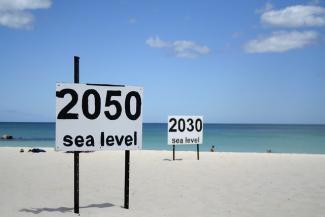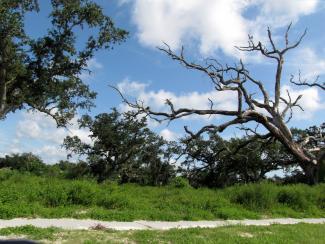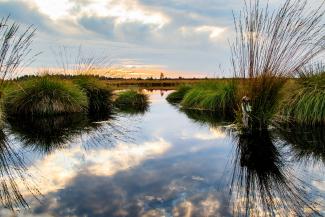Fish Out of Water? Land-Based Aquaculture Making A Splash

Fresh fish in Lincoln, Nebraska. Atlantic Salmon born and raised in America for an American market. Thriving aquatic ecosystems in the Mediterranean Sea, currently the world’s most overfished sea. Realizing these visions are trademark promises made by the land-based aquaculture (LBA) industry.








